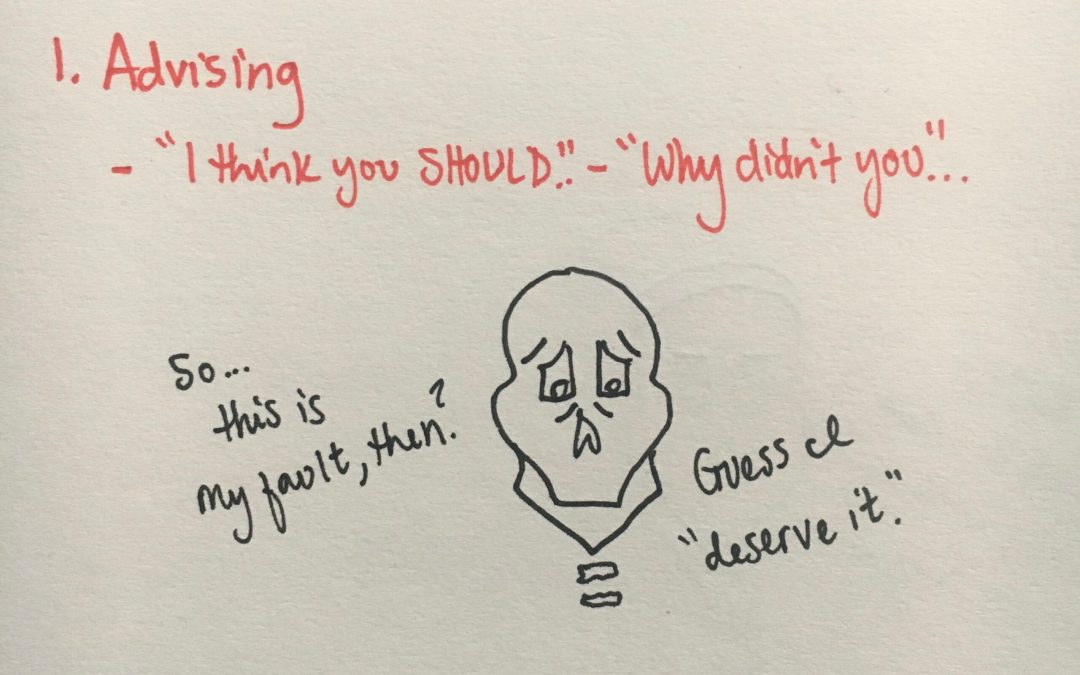`Somatic experiencing is a powerful tool for trauma recovery, especially for those with complex PTSD. This episode explores practical techniques for reconnecting with your body, including nature-based practices, mindful movement, and lifestyle adjustments. The podcast emphasizes the importance of finding safe spaces and personalized approaches to embodiment. By prioritizing body awareness and integrating it into daily life, individuals can process emotions more effectively, manage stress, and increase their window of tolerance. While challenging, these practices can lead to significant improvements in overall well-being and mental health.









